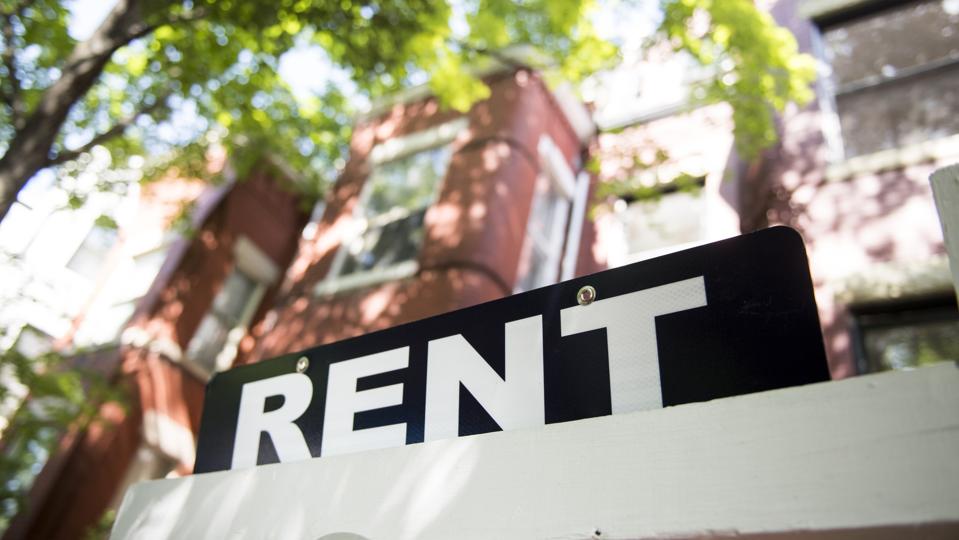Nigerians groan over impacts of economic hardship on rental fees

The hemorrhaging economic condition in Nigeria is impacting negatively on various sectors including the real estate market and its supply chains.
This impact is, in more ways, defining the economy of the sector in the first quarter of 2024 as more renters groan under the weight of price increase in the real estate market forcing individuals, households and businesses to face uncertainty.
The meteoric rise in foreign exchange rate to N1450/$ was a major negative development for the real estate sector as it affected supply chain significantly and price of reinforcements have also forced contractors and property buyers to renegotiate the bids of contractual agreement.
Most affected are individuals and households living in rented accommodation who are now groaning under the weight of rent increases, especially in city suburbs where tenants are contending with over 50 percent rise in the past one year.
This is even as the combined forces of exchange rate, galloping inflation volatile exchange rate, naira devaluation and the removal of petrol subsidy has seen commodity prices shooting in rooftops.
Some tenants who spoke to our correspondent had almost similar stories to tell of how their landlords have increased their rents significantly, citing rising building material prices, inflation, and cost of maintaining the houses.
Undoubtedly, the price of cement is fast rising to N7,000 as well as hike in price of other building materials in the construction business sector. This is forcing property developers to reduce construction activities by more than 50 percent as more sectorial businesses continue to suffer more price shocks within the hemorrhaging economy.
Besides, disposable income, which has gone down considerably, prices of building materials, especially cement and re-enforcement (rods), have increased by 70 percent. These are products of the current economic disruptions.
Findings, have, however, showed that rental fee source is a top discussion in commercial offices, warehouse, short term, hospitality and service apartments triggered by weak market transactions, volatility of FX market that is struggling within the grappling economy.
Similarly, there has been increases in the prices of other building materials, especially rods, also called reinforcement. 8mm rod previously sold at N255,000 per tonne is now N518,000; 10mm that was sold for N442,000 now goes for N520,000, while 12mm and 16mm rods that sold for N446 is now N515,000. The 20mm and 25mm earlier sold for N442,000 now command N530,000 price, depending on location.
The price of paint, another major building component, has also gone up. The price of a 20-litre container has increased from N8,000 to between N10,900 and N35,000, depending on the brand and location, while retailers and distributors sell for between N12,500 and N45,000.
Speaking in a Media chat, former Redan Auditor, Southwest, Emmanuel Oyelowo hinted that, “With this scenario of consuming FX market, price volatility and spiral inflation, many homeowners will witness a surge in rent defaults under their management with zero payment default. We believe that the rental market is viable, but landlords will feel the impact of the current market slowdown if they don’t innovate.”
Also speaking, the managing director of PWAN Group, Frederick Okpaje explained that tenants are the worst hit as rents are rising almost on a monthly basis, adding that, new houses are not coming to the market as expected, and landlords are now taking advantage of this situation and jacking up their rents to a point that unsettles most tenants, especially, those in the cities,” he enthused.








